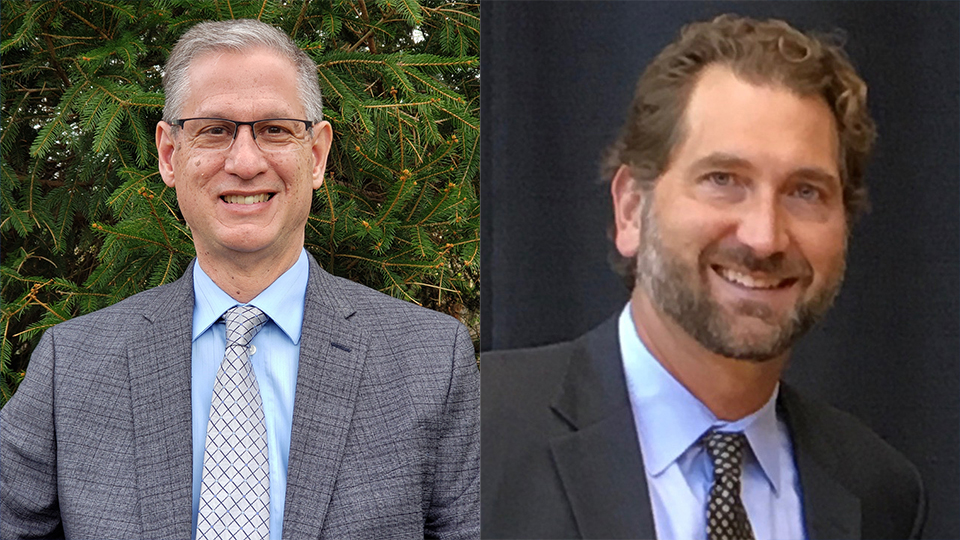Help your Hoosiers: The chance to put a dent in Indiana’s cancer mortality rate
Subscriber Benefit
As a subscriber you can listen to articles at work, in the car, or while you work out. Subscribe Now
The American Cancer Society estimates that just under 40,000 Hoosiers will learn they have cancer at some point this year with too many of them found in late stages, when the disease has spread. And more than 13,000 Hoosiers will die from it this year. But what if there was a way to catch cancers early, before patients even start to experience symptoms?
There is new technology – known multi-cancer early detection (MCED) tests – that represent a new era of cancer screening. Instead of screening for one type of cancer at a time, this technology makes it possible for doctors to detect dozens of cancer types with just a simple blood draw. These screens, like what pap-smears, colonoscopies and mammograms have done for years, are designed to catch cancer in the early stages. When caught early, patients have a five-year survival rate of 89%.
MCED testing technology is now being reviewed by Food and Drug Administration and may soon be ready for the wider market.
What’s needed now is for this technology to become broadly available to those who need it most. This is where Congress – and the leadership of Indiana’s Congressional delegation – comes in.
Unlike other treatments and therapies, the Medicare program does not currently have a clear pathway for covering cancer screening tests like MCED once they are approved by the FDA. Legislation before Congress would fix this – and it currently has the support of over 200 bipartisan members of the House of Representatives and more than 50 Senators, including Senator Braun and Representatives Pence, Bucshon, Banks, Carson, and Baird. Robust congressional backing and the support of more than 400 expert organizations has put this bill inches away from the finish line.
We urge the entire Indiana delegation to join this effort. In particular, we encourage Senator Young to add his support to this initiative. Sen. Young has a long track record working with lawmakers from both sides of the aisle to improve healthcare access for seniors. His recent co-sponsorship of legislation to simplify Medicare enrollment for seniors and people with disabilities and to extend Medicare coverage of telehealth services demonstrate his concern for the medically vulnerable. By supporting the Medicare Multi-Cancer Early Detection Screening Coverage Act (S. 1873) he’ll have an opportunity to further show his commitment to ensuring seniors and Medicare beneficiaries can get the healthcare they need and deserve.
If the bill is not passed before the current session of Congress ends, it will expire like every other bill that doesn’t get passed into law. The hundreds of advocates and lawmakers who have worked hard over the last two years to build momentum for the bill will have to start their work all over again. Meanwhile, Medicare beneficiaries at risk of developing cancer will be no closer to being able to access cutting-edge early detection technology.
The time for Congress to ensure Medicare coverage of MCED tests is now. Voices from all sides of the political spectrum understand this and have acted. We encourage all of Indiana’s Congressional delegation to join their ranks.
